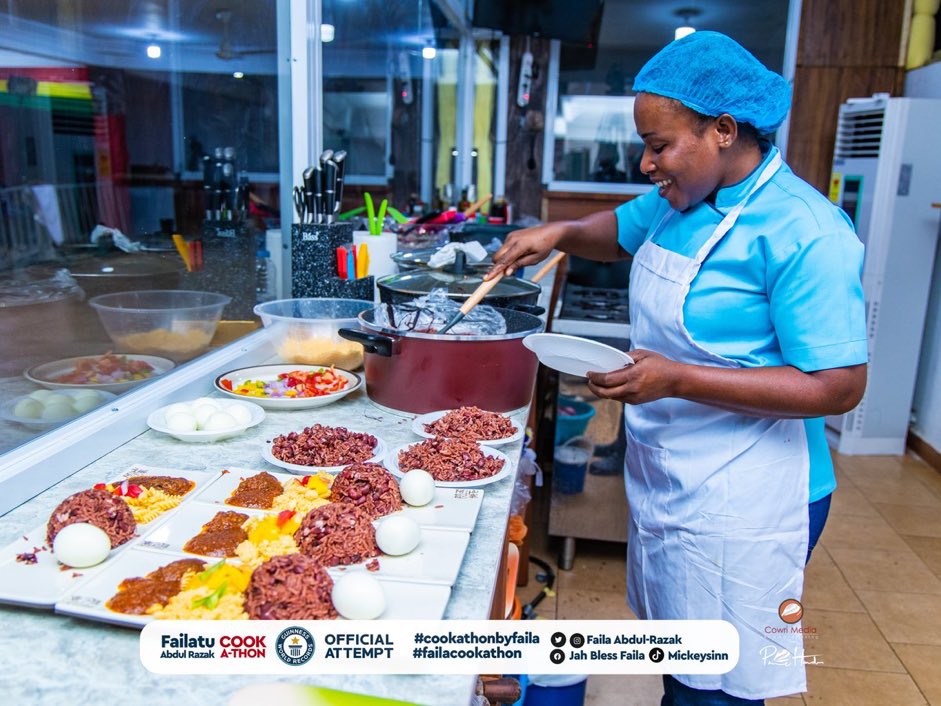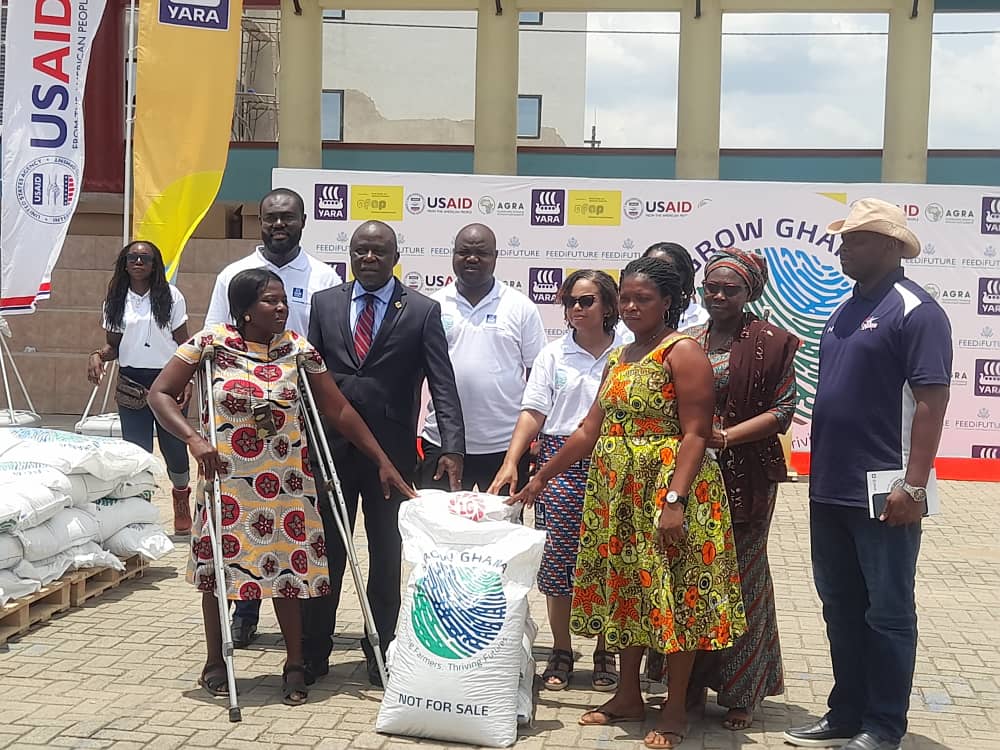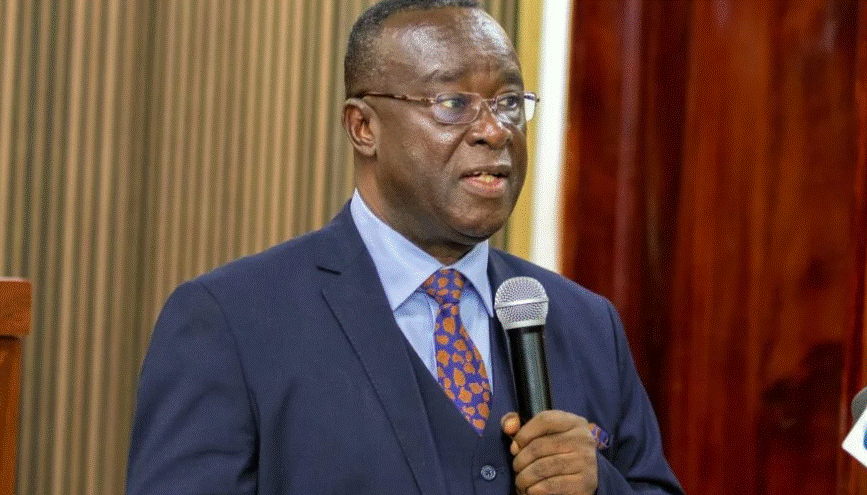

 Germany is not known to be a coffee producing country, but it is the biggest player in the industry in Europe. Being the biggest importer of coffee from producing countries, Germany is also the biggest exporter of coffee, earning more than all the African countries producing coffee.
Germany is not known to be a coffee producing country, but it is the biggest player in the industry in Europe. Being the biggest importer of coffee from producing countries, Germany is also the biggest exporter of coffee, earning more than all the African countries producing coffee.
In 2024 Germany exported more than 473,000 tonnes of coffee valued at €6 billion.
Global coffee exports from all countries amounted to $51.2 billion in 2024. That was from a 66.4% increase over five years starting in 2020 when globally exported coffee was worth $30.8 billion.
There are 18 African countries recorded on the website of the International Coffee Organisation that export coffee to the world, with Ghana included, but the largest exporters are Uganda and Ethiopia.
This year 2025, Uganda became Africa’s leading coffee exporter ahead of Ethiopia. Uganda’s Ministry of Agriculture, Animal Industry and Fisheries announced that the country exported 793,445 60-kg bags of coffee in May which is 47,606.7 tonnes, earning $243 million. Ethiopia, the second largest producer, exported 43,481.02 tonnes.
The table below with data from the International Coffee Organisation shows how much 60-kg bags of coffee these nine African countries have exported from March 2023 to February 2024. The table shows Uganda on top as the leading exporter of coffee.
| Uganda | 6,057,793 |
| Ethiopia | 3,588,531 |
| Tanzania | 1,002,417 |
| Cote d’Ivoire | 931,296 |
| Kenya | 804,778 |
| Rwanda | 272,250 |
| DRC | 183,500 |
| Cameroon | 117,100 |
| Zambia | 99,890 |
| Ghana | 5,148 |
A study by KPMG in 2014 found that Africa produced and exported coffee to the value of $6 billion. The coffee industry is valued above $100 billion a year through value-addition. Raw coffee is transformed into high value products by grinding – roasting, instant coffee blending, or specialty beverages and packaging. Other value additions include products from by-products such as biofuels, fertilizers or cosmetics obtained from coffee pulp and husks. More value is added in the supply chain through branding, distribution, marketing and the cultivation of high-quality, traceable and sustainable specialty coffees.
The following companies; Ethical Bean, Conscious Coffees, Larry’s Coffee, Salt Spring Coffee, and Tiny Footprint Coffee produce traceable, sustainable specialty coffees, with specific initiatives including Fairtrade certification, carbon-negative production, reforestation support, and solar-powered roasteries. Other brands such as Volcanica Coffee donate to clean water charities, while Grace Farms and Gourmesso also focus on fair and ethical sourcing.
Some records show that in 2023, Germany imported 986,000 tonnes of green coffee.
However, in 2023, Germany’s imports declined by 17%, far more than the European average of 9.7%. As a result of global coffee shortage that year, European companies used their enormous stocks to fulfil the demand.
Germany sourced almost all of its green-coffee imports, about 91% directly from producing countries. Some 341,000 tonnes were sourced from Brazil, which was by far the largest supplier, followed by Vietnam, 207,000 tonnes, Honduras, 76,000 tonnes, Uganda, 53,000 tonnes, Colombia, 40,000 tonnes and India, 34,000 tonnes.
There are lessons for African countries to learn. Coffee exporting countries on the continent, have to start developing the coffee value chain with value addition.
By Emmanuel K Dogbevi
The post Germany not a producer earns more from coffee industry than African countries appeared first on Ghana Business News.
Read Full Story





















Facebook
Twitter
Pinterest
Instagram
Google+
YouTube
LinkedIn
RSS